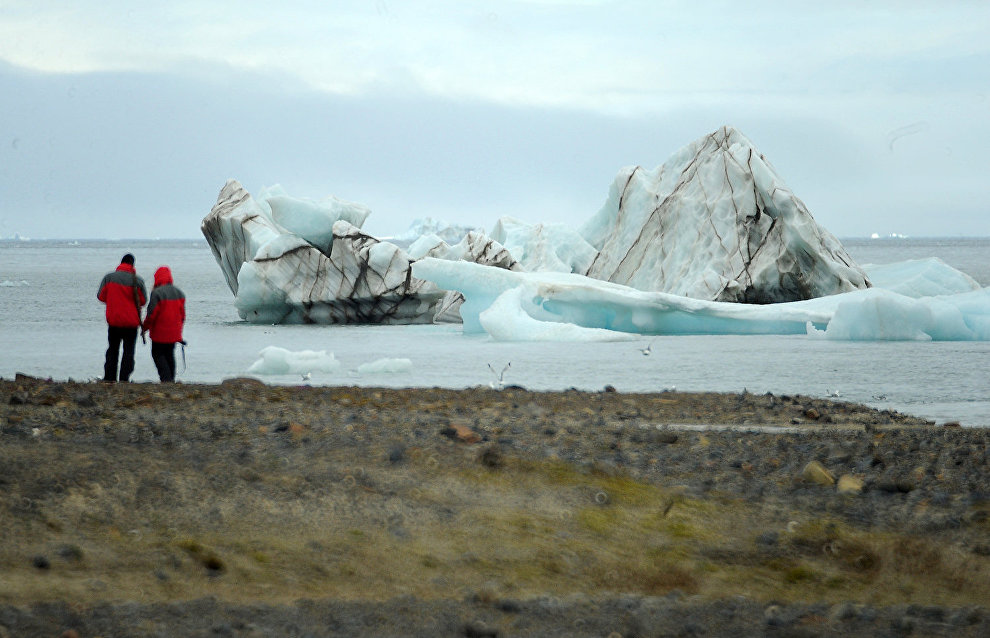Field season over on Franz Josef Land
Researchers at the Russian Arctic National Park have completed their field season. For the most part, research on Franz Josef Land was conducted on a grant from the Russian Geographical Society. The grant is allocated for the preservation of rare sea mammals and polar bears on specially protected territories of the northeastern Barents Sea region, the park's press service reported.
"This was truly a season of the whales! When there was still a section of ice to the south of Franz Josef Land and a thawing hole in the ice near Cape Flora in mid-July, whales came to us in large numbers. For a whole week we were happy to watch from the windows of our putlogs groups of feeding Greenland whales. Sometimes they would put on a real show for us. With impressive spray, they showed their tails, while some of them jumped high with half of their bodies out of the water clapping their fins against the surface," the park's Deputy Director for Research Maria Gavrilo said.
She added that humpback whales came to the archipelago for the first time in the history of the research. Usually they spend their time to the south or west of Franz Josef Land.
"The Franz Josef Land basin is a unique place that preserves the Svalbard population of the Greenland whale, one of the rarest in the world. Counting the humpback whale, we have now registered six whale species and it's very important to ensure their protection in the future, considering the industrial development on the shelf," Maria Gavrilo said.
